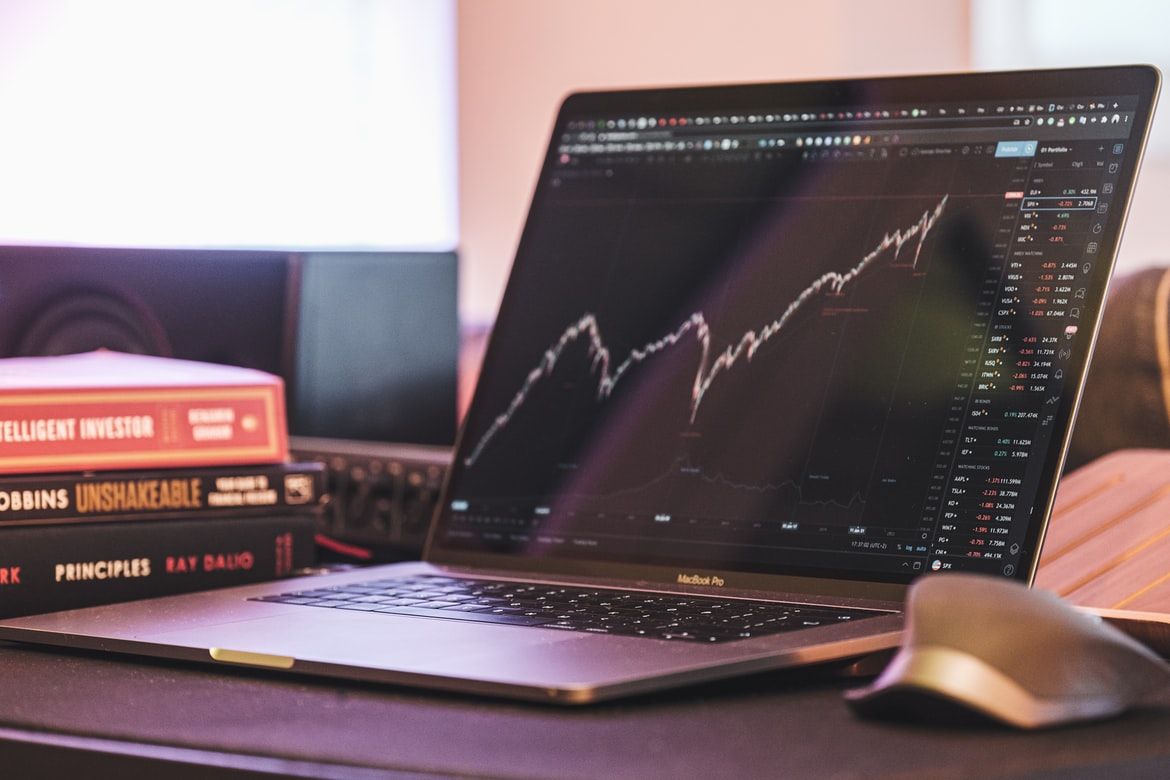Foreign institutional investors (FIIs) bought shares worth a net Rs 1637.69 crore, while domestic institutional investors (DIIs) purchased shares worth a net Rs 600.29 crore in the Indian equity market on July 28, as per provisional data available on the NSE.
Also Read| Harshad Mehta scam: How Big Bull shook the Indian stock market
In the month of June 2022, FIIs sold shares worth a net Rs 58,112.37 crore while DIIs bought shares worth a net Rs 46,599.23 crore.
Also Read| US inflation rate at a 40-year high | A timeline: 1930-2022
The Sensex jumped 1041.47 points or 1.87% to 56,857.79 and the Nifty was up by 287.80 points or 1.73% to 16,929.60 on Thursday.
Also Read| How post-pandemic markets have behaved historically
The BSE Sensex touched a high and low of 56,914.22 and 56,236.45, respectively. There were 25 stocks advancing against 5 stocks declining on the index.
Also Read| How Paul Volcker tamed inflation with two recessions in 1980s
The NSE Nifty traded in a range of 16,947.65 and 16,746.25. There were 40 stocks advancing against 10 stocks declining on the index.
Also Read| The 2008 market crash: Inside the doomsday machine and a brief history
FII stands for ‘foreign institutional investor,’ and refers to an investment fund or an investor who puts their money into a country’s assets while being headquartered outside of it.
Also Read| Great Depression to COVID: Top 5 market crashes in American history
In India, this is a commonly used term to refer to outside entities contributing to the country’s financial markets by investing.
Also Read| Why global economy is not in recession yet
On the other hand, ‘DII’ stands for ‘domestic institutional investors.’ Unlike FIIs, DIIs are investors that invest in the financial assets and securities of the country they are currently residing in.
Also Read| How to survive a market crash
These investment decisions of both FIIs and DIIs are impacted by political and economic trends. Additionally, both types of investors — foreign institutional investors (FIIs) and domestic institutional investors (DIIs) — can impact the economy’s net investment flows.







